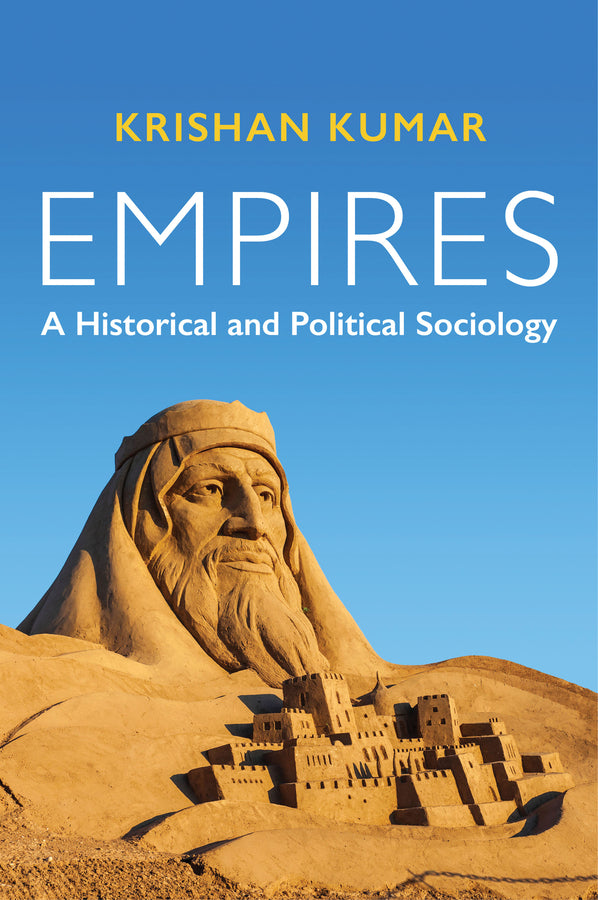Description
Dive into the fascinating realm of political organization with our comprehensive exploration of empires, one of the most dominant forms throughout recorded history. This essential book, published by John Wiley & Sons, not only examines the rise, decline, and potential fall of empires but also invites readers to ponder the enduring principles that distinguish them from other political entities, such as nation-states. What types of relationships exist between rulers and the ruled in these vast empires? This thought-provoking analysis covers a wide array of historical perspectives, from the ancient empires of the Middle East and Mediterranean, the Islamic empires of the Arabs, Mughals, and Ottomans, to the two-millennia-long Chinese Empire. It seeks to answer pressing questions: How and why do empires ultimately come to an end, and what are the implications of their decline? Is the era of empire truly over, or does it persist in modern political landscapes? With 224 pages of insightful content, this book is an indispensable resource for history enthusiasts and political science scholars alike. Whether you are delving into the ancient past or seeking to understand contemporary issues through the lens of empire, this book serves as a critical tool for deeper comprehension of today's politics. With free shipping on this item, please allow up to 6 weeks for delivery. Note that once your order is placed, it cannot be cancelled.
Note: Shipping for this item is free. Please allow up to 6 weeks for delivery. Once your order is placed, it cannot be cancelled.
Condition: BRAND NEW
ISBN: 9781509528356
Year: 2020
Publisher: John Wiley & Sons (UK)
Pages: 224
Description:
Empires have been the commonest form of political organization for most of recorded history. How should we best understand them? What are their principles and how do they differ from other political forms, such as the nation-state? What sort of relations between rulers and ruled do they express? Do they, as many have held, follow a particular course of śrise, decline, and fallť? How and why do empires end, and with what consequences? Is the era of empire over? This book explores these questions through a fascinating analysis of the major empires of world history and the present. It pays attention not just to the modern overseas empires of the Europeans, but also to the ancient empires of the Middle East and Mediterranean, the Islamic empires of the Arabs, Mughals, and Ottomans, and the two-thousand-year Chinese Empire. As Kumar shows, understanding empires helps us understand better the politics of our own times.
Note: Shipping for this item is free. Please allow up to 6 weeks for delivery. Once your order is placed, it cannot be cancelled.
Condition: BRAND NEW
ISBN: 9781509528356
Year: 2020
Publisher: John Wiley & Sons (UK)
Pages: 224
Description:
Empires have been the commonest form of political organization for most of recorded history. How should we best understand them? What are their principles and how do they differ from other political forms, such as the nation-state? What sort of relations between rulers and ruled do they express? Do they, as many have held, follow a particular course of śrise, decline, and fallť? How and why do empires end, and with what consequences? Is the era of empire over? This book explores these questions through a fascinating analysis of the major empires of world history and the present. It pays attention not just to the modern overseas empires of the Europeans, but also to the ancient empires of the Middle East and Mediterranean, the Islamic empires of the Arabs, Mughals, and Ottomans, and the two-thousand-year Chinese Empire. As Kumar shows, understanding empires helps us understand better the politics of our own times.

